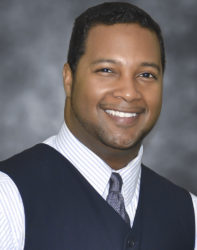The ability to communicate is essential to inclusion in professional, learning, or social settings. A Deaf employee, for example, can’t fully contribute to a business unless they can participate in impromptu meetings or hallway chats with colleagues. If English is a second language for a medical student, they need detailed and accurate notes to retain critical information. For a senior aging into hearing loss, losing the ability to connect with family members by phone can be devastatingly isolating. I know of this situation all too well – In my work as a sign language interpreter I’ve seen how connections can be lost when communication isn’t available or readily accessible
In all of these instances, inclusive communication enhances diversity by facilitating involvement, acceptance, and belonging. Today, innovative technology is creating new opportunities for people of different backgrounds, experiences, and linguistic modes to seamlessly share information, collaborate, and engage. Three examples are outlined below.
Continue reading Three Ways Technology Can Drive Inclusive Communication – by Kenya McPheeters

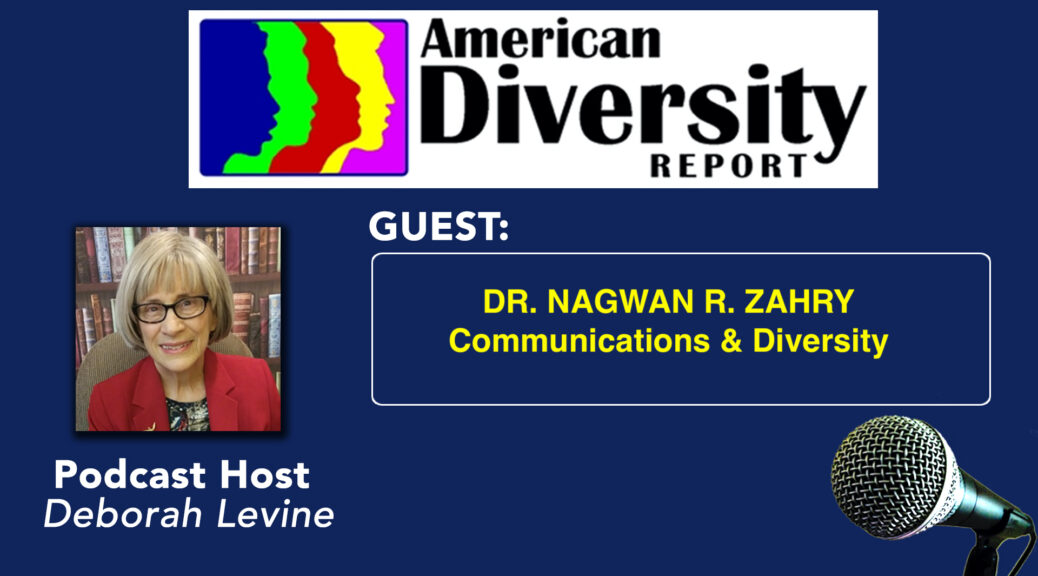
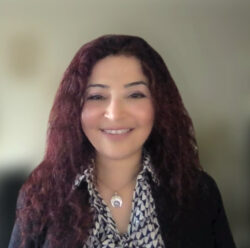 Dr. Nagwan R. Zahry is assistant professor of communication at U. of Tennessee at Chattanooga (UTC). Originally from Egypt where she was a Sr. Program Manager for U.S. Agency for International Development (USAID) and U.S. Midwest Universities Consortium, Nagwan got her PhD from Michigan State U. in media and information. After graduation, she became an assistant professor of communication and in 2018, she joined UTC where she teaches social media marketing, public relations, media and diversity. Her research focuses on science communication, health communication and persuasive messaging.
Dr. Nagwan R. Zahry is assistant professor of communication at U. of Tennessee at Chattanooga (UTC). Originally from Egypt where she was a Sr. Program Manager for U.S. Agency for International Development (USAID) and U.S. Midwest Universities Consortium, Nagwan got her PhD from Michigan State U. in media and information. After graduation, she became an assistant professor of communication and in 2018, she joined UTC where she teaches social media marketing, public relations, media and diversity. Her research focuses on science communication, health communication and persuasive messaging.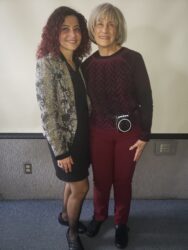
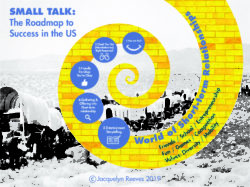 Small talk delights and confounds us, and it is worth asking why.
Small talk delights and confounds us, and it is worth asking why. In previous generations, it could be reasonably assured that a monoculture would develop. Because of the nature of the distribution of media and the limited ways in which it could be communicated, entire generations of youth would grow up with roughly the same cultural experiences – watching the same shows and cartoons, consuming the same film and radio programs.
In previous generations, it could be reasonably assured that a monoculture would develop. Because of the nature of the distribution of media and the limited ways in which it could be communicated, entire generations of youth would grow up with roughly the same cultural experiences – watching the same shows and cartoons, consuming the same film and radio programs.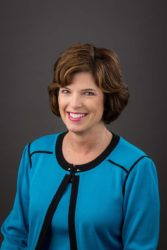 Sybil Topel serves as Vice President of Marketing and Communications for the Chattanooga Area Chamber of Commerce. She led the marketing department for a boutique architecture firm in Nashville prior to earning her Master’s degree in Fine Arts in Atlanta in 2014. As a media consultant her clients included insurance companies, healthcare systems and FedEx. She has worked in communications for AT&T and SunTrust Banks. Sybil started her career as a journalist.
Sybil Topel serves as Vice President of Marketing and Communications for the Chattanooga Area Chamber of Commerce. She led the marketing department for a boutique architecture firm in Nashville prior to earning her Master’s degree in Fine Arts in Atlanta in 2014. As a media consultant her clients included insurance companies, healthcare systems and FedEx. She has worked in communications for AT&T and SunTrust Banks. Sybil started her career as a journalist.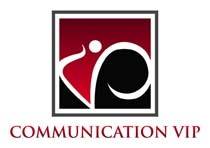 Vincent Ivan Phipps is an expert on Communication expertise for diverse styles as a Speech Coach, author, and owner of Communication VIP Training and Coaching.
Vincent Ivan Phipps is an expert on Communication expertise for diverse styles as a Speech Coach, author, and owner of Communication VIP Training and Coaching.